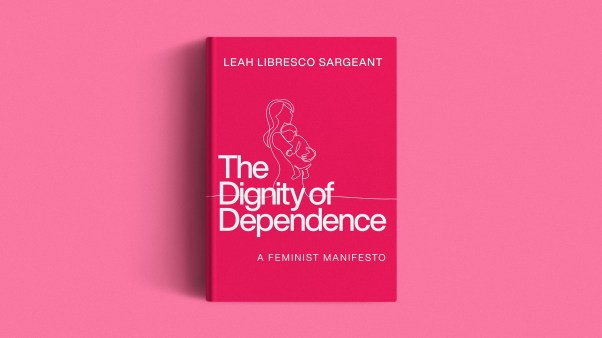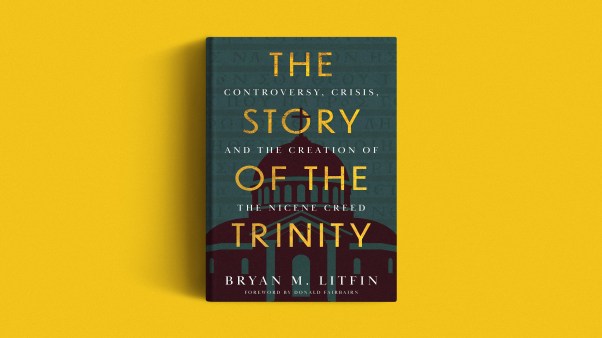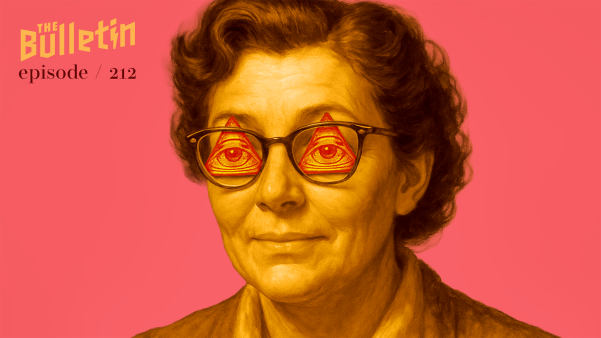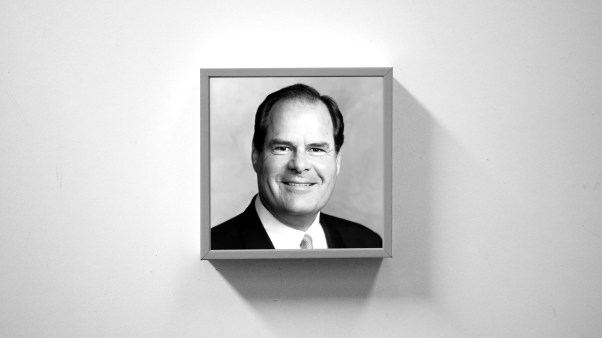I look for redemption in stories, knowing full well that most stories fall short of portraying it perfectly. The Blind Side, a film based on a true story about a wealthy Tennessee couple who takes in a black teen from a broken family, is such a story.
By the way, I don’t love football; I don’t even like it overly much. But movies about football are another matter. Besides, ever since While You Were Sleeping, I have more often than not enjoyed Sandra Bullock. And if my football-loving husband sits by my side during movies like While You Were Sleeping, I should attend an occasional sports flick with him (though this is not your typical sports flick).
Bullock delivers a strong performance here, playing a wealthy woman with a big heart and a love for football. She listens to the nudging of—well, maybe it’s God; no one else successfully nudges Leigh Anne Tuohy. What is clear is that Leigh Anne and Sean Tuohy are Christians who support the private Christian high school where Michael Oher is admitted, in spite of his poor academic record and inability to pay tuition. He is admitted because he’s big, fast, and looks intimidating on the football field.
On one hand, the movie struck me as racist and anti-Christian, reinforcing stereotypes about African Americans being mostly incapable of making good choices, and doomed to their bad ones unless a white person comes along to save them. It also reinforces stereotypes of wealthy Southern Christians as being mostly white Republican snobs. But in both cases, I found that the movie went beyond such stereotypes to show what’s possible when one responds to the nudging of God.
The Tuohy family welcomes Michael, a homeless boy with a traumatic past, into their home and hearts. He becomes son to Sean and Leigh Anne and brother to S. J. and Collins, the Tuohy’s two children. The siblings stand up for Michael at school, and Leigh Anne does the same among her high-society friends, in the projects, and at the football stands. Mostly Leigh Anne’s friends have demeaning and condescending things to say about bringing an African American home. At one point one of her friends responds to the situation by saying, “Well, good for you. You have helped change that boy’s life,” and Leigh Anne replies, “No, he has changed mine.”
We do see that—but mostly we see how the Tuohys change Michael’s life. And when Leigh Anne stands up to the African American drug-dealing, gun-toting gang leader, I cringed at the story not being told. The ease with which she intimidates such a man comes from the protection of her status as a rich, white female. The structural inequalities and the deep history of racism that lead to the sobering realities found in low-income housing projects in cities like Memphis don’t garner any attention. The storyline stays on the easier-to-accept individual level, failing to consider how the Tuohys’ wealth emerged from a stratified system that makes it easy for some to achieve success and others to stay trapped in poverty.
The Blind Side raises the motive question as well, suggesting the Tuohys became legal guardians of Michael to ensure that he would ultimately play for the University of Mississippi, their alma mater. But Michael’s own testimony confirms that he chose to play football at Ole Miss instead of the numerous other places where he received offers, because that’s where his family had always gone. Michael’s testimony places his own questions about their motives aside, and he embraces the good that came from a family that reached across class and race to give one adolescent love, support, the hope of an education, and a career in football. Oher now plays for the Baltimore Ravens.
Christianity Today also reviewed The Blind Side.








